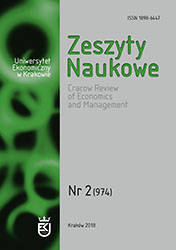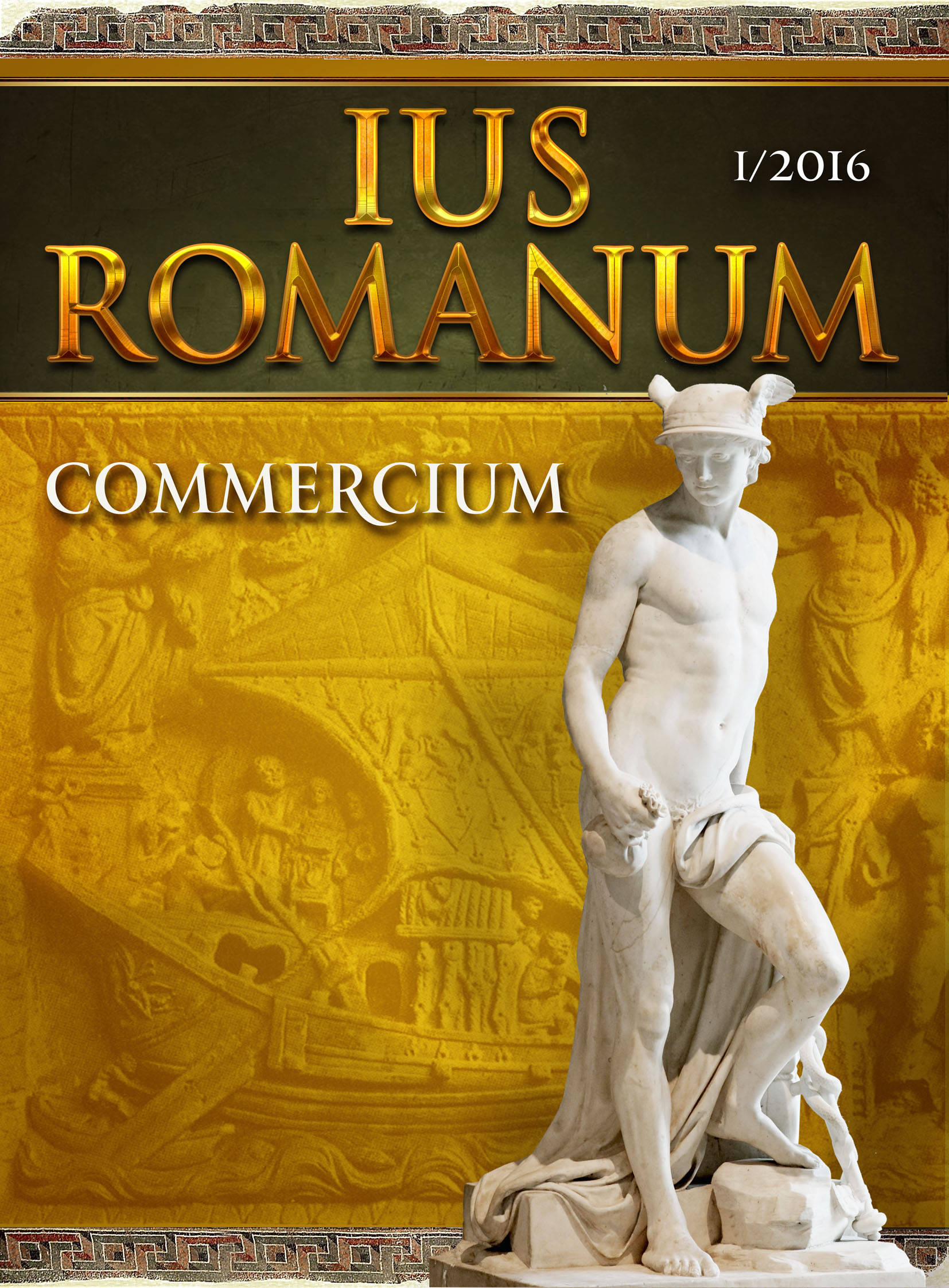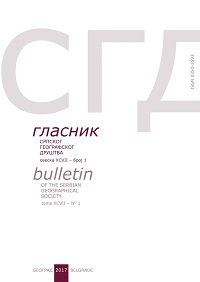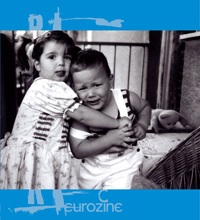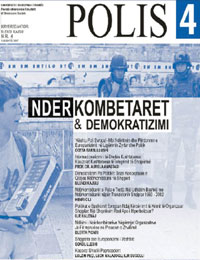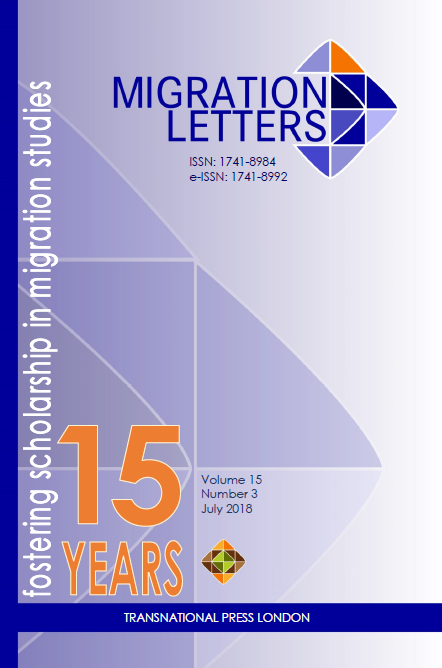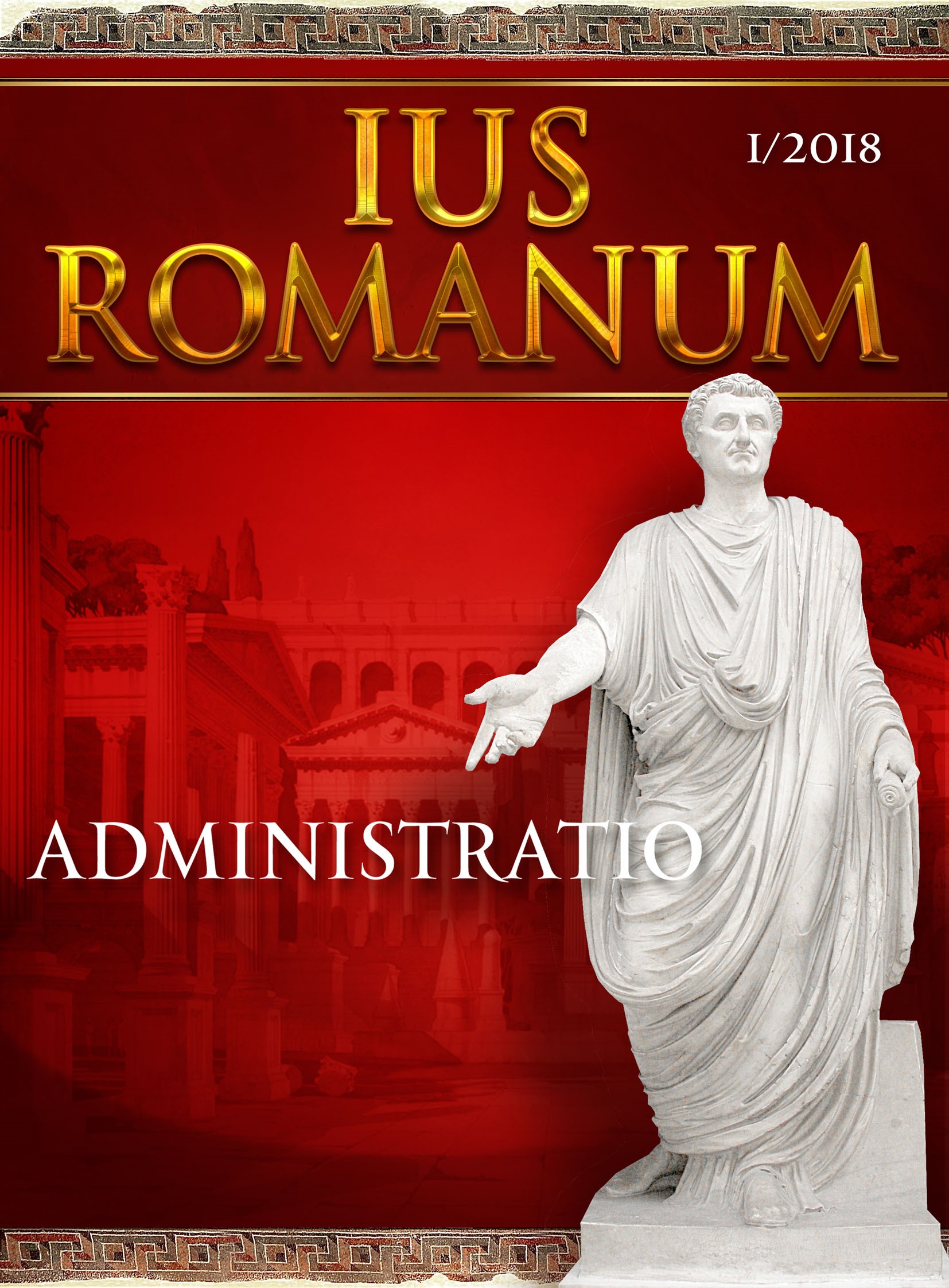
Насърчаване на солидарност в многообразието (законодателна рамка в България и антидискриминационни механизми по отношение на имигрантите)
This paper presents the experience of the author to analyze the readiness of the institutions in Bulgaria adequately allow problems linked to immigration and integration processes and the effectiveness of the mechanisms to promote solidarity and tolerance towards immigrants in Bulgaria. The idea was prompted by changes in the EU regulatory framework, to intensify research networks in Europe on new practices solidarity and citizenship and the trend in Bulgaria to increase the number of immigrants. This paper examines the impact of international initiatives and EU directives on legislation and practices in Bulgaria in integration of immigrants. The analyzes the impact of the legislative framework in Bulgaria on local policies to promote tolerance of diversity. It has done an empirical study by analyzing statistical data, questionnaires and in-depth interviews of key stakeholders - employers and immigrants on integration issues and causes. The results of the comprehensive study showed that the laws in Bulgaria are synchronized to EU requirements, but the local administration and employers are not ready to meet the needs of immigrants due to lack of practice, poor information and ineffective communication process. The results of the projects financed by the European Fund for the Integration of third-country nationals (part of the General Programme "Solidarity and Management of Migration Flows") for the period 2007-2013 show that made serious steps to address the problems identified. But they are only "white swallow," carrying hope, but not the sustainable development of integration processes. It is necessary actively functioning of the established centers, multiplying the effect of the achieved results and implementation of best practices across the country.
More...
